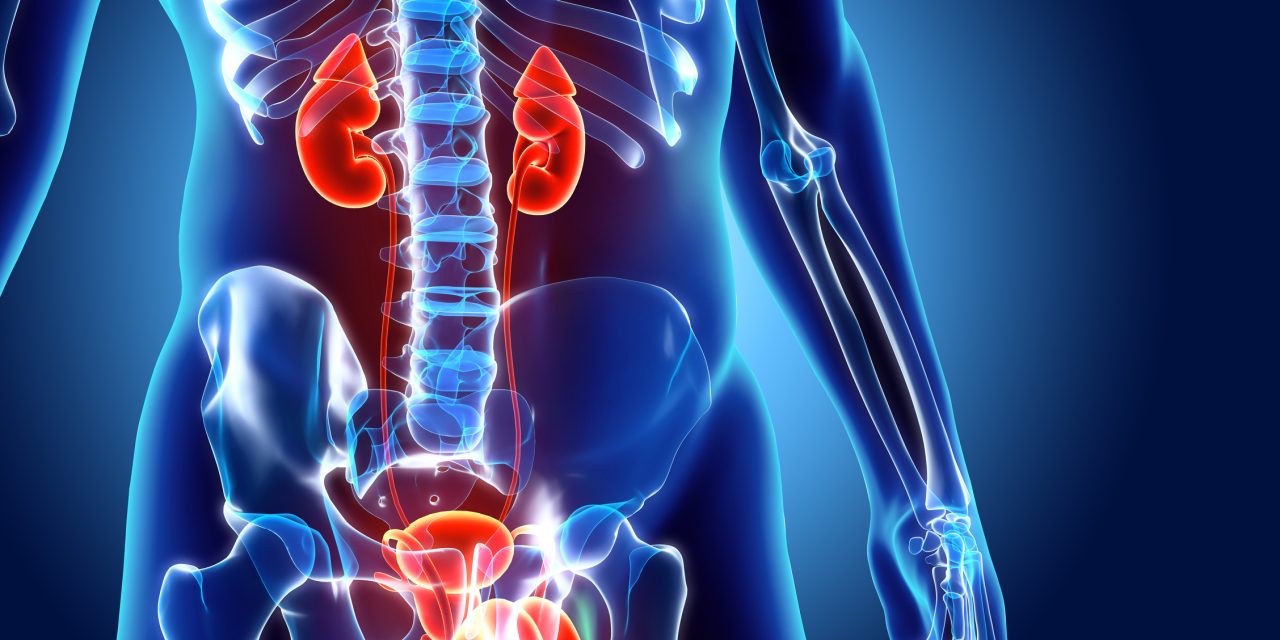Pathophysiology and risk factors for Ureteral Stent-Associated Urinary Tract Infection (USAUTI) have been poorly investigated. This situation results in highly diverse practices regarding USAUTI prevention, diagnosis and treatment. The aim of the present study was to describe the epidemiology and risk factors for USAUTI in non-transplanted patients.
We conducted a systematic literature review based on a comprehensive PubMed® bibliographic strategy, between October 1998 and March 2020. The methodological quality of the studies included was analyzed according to dedicated grids. The main endpoints were the correlation between different potential risk factors and infection ureteral stent-associated urinary tract infection or colonization rate. Conclusions and their level of evidence were reported on the basis of a critical analysis of the best available scientific evidence. This work has been submitted to a national review, which enabled the potentially divergent opinions of experts to be collected, thereby ensuring adequate quality of data.
Twenty-six studies out of the 505 articles identified, were included in the final analysis. Staphylococcus spp, E. coli, Klebsiella spp, Pseudomona aeruginosa, Enterococcus spp. and Candida spp. were the microorganisms most often responsible for asymptomatic bacteriuria (ABU) or USAUTI. Longer indwelling time, diabetes mellitus, female gender, chronic renal failure, diabetic nephropathy and cancer were identified as risk factors for ABU and ureteral stent colonization. No specific risk factor for UTI was identified in the literature studied. A causal relationship between ureteral stent colonization and USAUTI or urosepsis remains to be demonstrated.
Epidemiology and risk factors for ureteral stent-associated urinary tract infections in non-transplanted renal patients: a systematic review of the literature.


